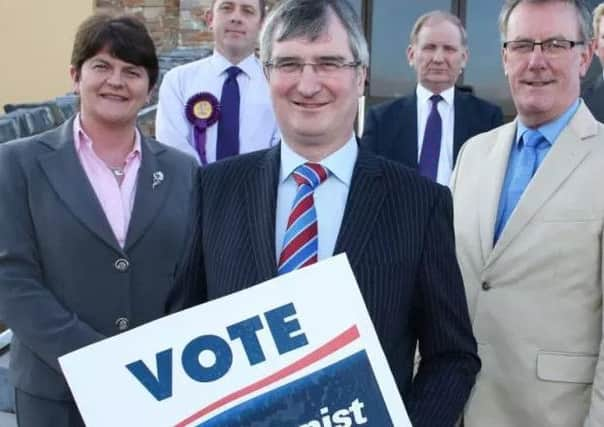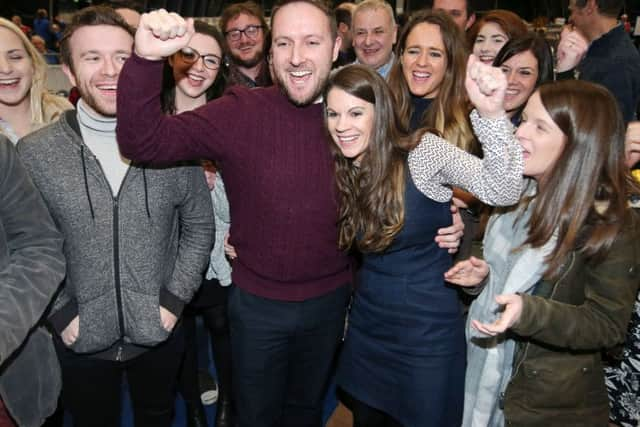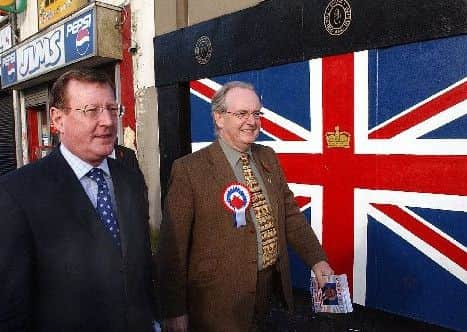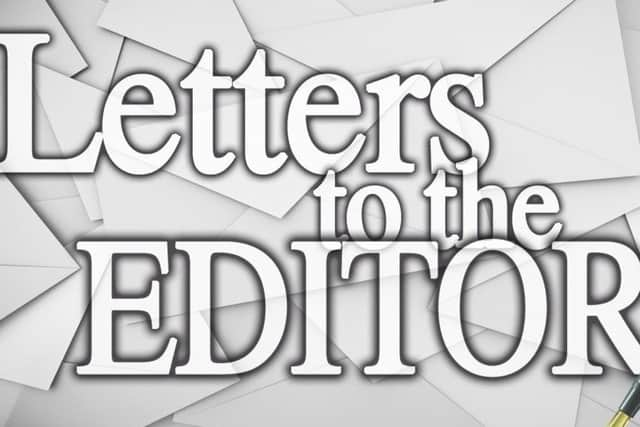Chris McGimpsey: A single unionist party would just gift Alliance 50,000 votes


The Assembly came within a squeak of falling under the control of Sinn Fein and unless unionism gets its act together that is the fate that awaits them at the next election. The status quo ante will not suffice.
There were a number of factors when led us to this position. Some of them short-term whilst others have dogged unionism for 40 years.
Advertisement
Hide AdAdvertisement
Hide AdThe long-term antipathy of the DUP to the Ulster Unionists still continues. The destruction of Ulster Unionism has been an integral part of the DUP ethos since the old Protestant Unionist Party days and continues today, albeit in reduced form.


The UUP, for their part, believed they were born to rule and many still hold on to that old mindset.
The minor parties, seem to be finally disappearing, with Ukip all but gone, PUP recognising that they can never achieve anything more than a handful of council seats, and TUV, little more than a home for disillusioned DUP types which survives on the fact that its party leader and one MLA is the most effective spokesperson for unionism at Stormont.
If unionism is to defend Northern Ireland’s position within the UK then it is to the two major unionist parties that we must look.
Advertisement
Hide AdAdvertisement
Hide AdSinn Fein have set out a number of demands of the DUP prior to opening up discussions with them.


They are difficult asks in the extreme, but the demand that Arlene Foster to stand down is an impossibility.
If the DUP accede to this then it undermines their entire party position in return for seats at Stormont. The election came about because Foster refused to stand down for a period at Sinn Fein’s behest.
If she was to do this now then she would be admitting that the last few weeks of political turmoil could and should have been avoided if she had seen sense earlier. It is, as I say, an impossibility. Sinn Fein know this and may suggest that they want Stormont to collapse as long as unionists get the blame. They have no commitment to Northern Ireland, so why would they be committed to the Parliament of NI.
Advertisement
Hide AdAdvertisement
Hide AdThis leaves us all with the question, ‘Where now unionism?’


And there are a number of options. The most obvious being canvassed at the minute is a single unionist party. This is the easy option, and it builds upon slogans from the past like ‘United We Stand : Divided We Fall’, and ‘A House Divided Upon Itself Cannot Stand’. While there is an elegant simplicity to all of this, it will not work.
For the last 40 years there have been two major unionist parties, which offered the unionist electors a differing analysis, different policies and different solutions. Admittedly, the DUP now espouses UUP policies of a decade ago and is peopled by former UUP politicians, including its leader. But it remains a different party.
Our detractors sometimes describe the UUP as DUP lite, and there is some truth in that, but for almost two generations we have offered a different approach to our problems here in Northern Ireland, a different ethos and a different analysis.
Advertisement
Hide AdAdvertisement
Hide AdTo unite now would be to set at nought 40 years of political endeavour. It would also, more importantly, present the Alliance party a gift of over 50,000 liberal unionist votes, and make a difficult position for unionism much worse.


The other option for unionism is closer co-operation at election time. Without it unionism will flounder.
East Belfast, for example, once the citadel of the DUP, is unwinnable if both parties contest the seat.
Similarly North Belfast and Fermanagh South Tyrone will fall to Sinn Fein without a pact. It is the same at Assembly and council level. Such an approach does not harm the body politic but ensures that unionism retains a strong voice within a power-sharing arrangement.
Advertisement
Hide AdAdvertisement
Hide AdI well remember calls for my expulsion from the UUP for advocating powersharing with nationalists over 30 years ago. The case for powersharing is, in my opinion, unanswerable.
We do not have time to sit back and lick our wounds. Severe damage has been done to unionism by the errors and arrogance of Foster on the one hand, and the ineptitude and stupidity of Nesbitt on the other.
A stable Northern Ireland, within the Union can be achieved, but it will be a time for hard work, vision and stout hearts.
Hopefully Arlene Foster and the new leader of the UUP will agree and pick up the gauntlet.
Chris McGimpsey, Belfast